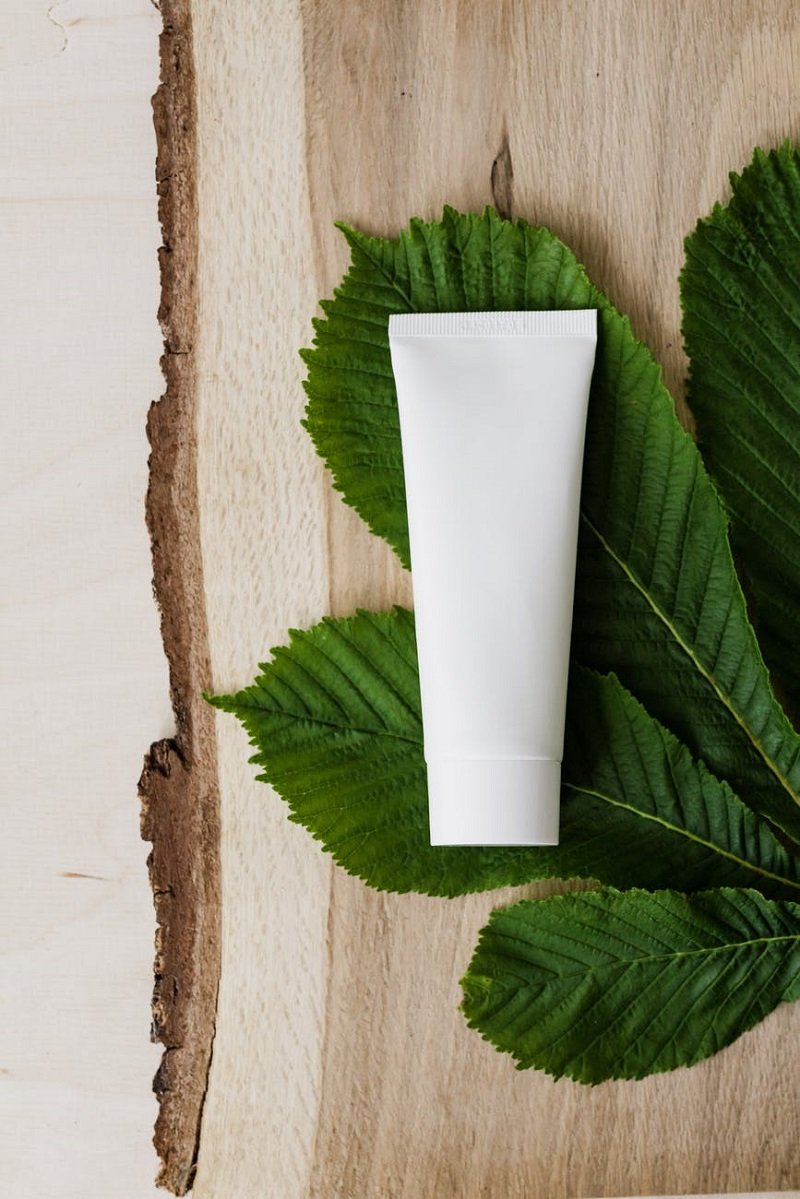Have you ever stepped into your shower and noticed the water pooling around your feet, barely draining away? Or perhaps you’ve smelled something unpleasant wafting up from your kitchen sink that you just can’t ignore? Blocked drains can turn from a minor nuisance into a major headache in no time especially when they involve multiple fixtures or unpleasant odours. In this post, we’ll dive into the key warning signs that mean you need a plumber for blocked drains right away.
If you’re a homeowner or tenant in Melbourne, you already know how crucial it is to maintain a smoothly running plumbing system. After all, the last thing you want is a drain backing up and flooding your kitchen or bathroom. Over the next few sections, we’ll explore why quick action is vital, the risks of ignoring warning signs, and the most common causes of blocked drains in Australia. You’ll also find answers to top questions people ask and get expert tips on preventing future blockages.
Overview of Blocked Drains in Melbourne
Melbourne is known for its vibrant culture, bustling streets, and amazing food scene. Yet, beneath all this charm lies an intricate network of pipes that keep water flowing smoothly in homes and businesses. When these pipes get blocked, it’s not only inconvenient, but it can also be costly. Older structures in certain Melbourne suburbs may have dated pipe systems vulnerable to root intrusion and corrosion. Meanwhile, newer homes can still face issues if cooking grease or foreign objects make their way into the drains.
Blocked drains in Melbourne typically appear when residents pour food scraps, fats, or oils down the sink without realising the long-term impacts. Once even a tiny clog forms, it can grow rapidly. If you ignore these early warning signs, you risk turning a manageable situation into a full-blown emergency. Essentially, the city’s mixture of age-old pipe systems, tree-lined streets, and modern living habits all contribute to the potential for frequent drainage problems.
Why Blocked Drains Require Immediate Attention
Blocked drains aren’t just minor hiccups. They demand quick fixes for several reasons. Firstly, a slow-draining sink often signals the early stages of a bigger problem. If left unattended, the blockage could spread, potentially clogged across different parts of your plumbing system.
Secondly, problems like unpleasant odours and water backups can be stressful for families or business owners. In Melbourne’s humid conditions, stagnant water can breed bacteria and even create a magnet for pests such as cockroaches. No one wants to deal with bad smells or vermin in their home.
Moreover, severe blockages can lead to serious property damage. If a drain backs up and overflows, it could ruin carpets, walls, or even electrical components. The sooner you react, the less risk you face of needing major repairs or dealing with sky-high water bills. Simply put, blocked drains are a red flag you shouldn’t ignore.
Why Quick Action Matters
When it comes to blocked drains, every moment counts. A small clog might look harmless, but it can quickly escalate. In this section, we’ll explore the main reasons why prompt action is critical, focusing on the potential risks, property damage, and rising repair costs if you delay calling a plumber.
Risks of Ignoring a Blocked Drain
Blocked drains, if ignored, can cause more than just standing water. Over time, the water trapped in your pipes can become a breeding ground for microbes and mould, which may pose health risks. Clogs can also lead to repeated bursts of water pressure. If pipes become weak, they might crack or burst, leading to sudden flooding. The longer you wait, the more likely you are to face costly aftermaths, such as water damage to floors and walls.
Potential Damage to Your Property
A major blockage can cause an unpleasant chain reaction. Water can seep into places it’s not meant to go under floors, into storage areas, or through your ceiling if the bathroom is on the first floor of a multi-level home. Even small amounts of water damage can compromise structural integrity, especially if the issue involves older houses around Melbourne that already deal with foundation shifts. Rapid response is essential to avoid large-scale property damage and keep your repair bills manageable.
Escalating Repair Costs
Blocked drains are simpler (and cheaper) to fix when they’re caught early. If you wait until multiple fixtures are overflowing, you’ll likely need extensive plumbing work. In worst-case scenarios, you may even require excavating your yard to replace damaged pipes. This not only inflates your expenses but also disrupts your daily routine for days or weeks. By taking swift action, you can minimise the damage and keep your plumbing expenses in check.
Top 5 Signs You Need a Plumber Immediately
If you’re not a plumbing expert, it can be tough to tell when it’s time to call one. The good news is a few red flags usually pop up before a drain is fully blocked. Let’s discuss the top five signs that you should take seriously.
Sign #1: Slow-Draining Sinks or Showers
Are you noticing water taking its sweet time to drain from your sink or shower? This is one of the earliest warnings of blocked drains. Residues like soap scum, hair, and food debris tend to gather near the entrance of a drain, gradually narrowing the passage. If multiple fixtures are draining slowly, that’s an even stronger sign your main line might be blocked. When you catch this early, a quick fix by a professional plumber will often address the problem before it devolves into a larger issue.
Sign #2: Foul Odours from Drains
An unpleasant smell wafting from your sink, shower, or bathtub could indicate rotting food, hair, or other organic matter trapped in your drain. Over time, these materials can accumulate bacteria, producing a distinctive stench. The smell might initially be faint; you might notice it only when you’re close to the sink. But if left alone, it can become overpowering and spread throughout your home. Remember that strong, persistent odours are a clear cry for help.
Sign #3: Gurgling or Strange Noises
Gurgling often occurs when air is trapped in your drain due to a partial blockage. When water tries to pass by, the clog forces air to bubble upward, creating that signature gurgling noise. You might hear it in your kitchen sink, bathroom basin, or even your toilet. If it persists or becomes louder, it’s time to pick up the phone and call a plumber. Strange grinding or hissing sounds can also arise when a clog forms in your pipes, indicating a need for immediate attention.
Sign #4: Frequent Blockages and Backups
Sometimes your drains appear to work fine for a few days only to block up again soon after. If you’re noticing repeat clogs, it’s possible you haven’t tackled the root cause. Temporary solutions like over-the-counter drain cleaners may offer relief for a short while, but they rarely eliminate the clog completely. Worse still, excessive use of harsh chemicals can harm your pipes. Repeated blockages form a pattern: they’re a surefire hint that you need a thorough inspection and hopefully a permanent fix by a seasoned professional.
Sign #5: Water Overflowing in Multiple Fixtures
When water starts overflowing in more than one fixture—like your toilet and the kitchen sink—this points to a deeper blockage in your main drain line. Overflowing water can quickly cause a mess, spreading germs and damaging floors or cabinets. If letting the water run triggers gurgling noises in other drains or leads to visible backflow, turn off your water supply and seek professional help right away. This scenario is a serious warning that the blockage could escalate into a widespread plumbing crisis.
Common Causes of Blocked Drains in Australia
You might wonder what’s commonly behind these troublesome blockages. Let’s look at some typical culprits specific to Australia’s climate, environment, and home habits.
Tree Roots and Old Pipe Systems
In many Australian suburbs including those around Melbourne tree roots are a leading cause of drain obstruction. Owners of older homes should be particularly vigilant since aged pipes are prone to cracking and leaking. This allows tree roots to enter the pipe, thriving on the constant water source. Once inside, they grow, gradually blocking the flow of water and causing stubborn clogs that can require specialised equipment or pipe replacement.
Household Debris and Foreign Objects
Daily habits can also lead to build-up. Kitchen scraps regularly tossed down the sink, tissues flushed instead of binned, and even small toys can pile up in your drains. Over time, this debris compacts, forming an immovable plug in your pipes. It’s easy to assume that water pressure alone will wash everything away, but that’s rarely the case if non-degradable items are involved.
Stormwater Drain Issues
Australia’s intense weather patterns can put added strain on stormwater drains. Heavy rain can push dirt, leaves, and other debris into gutters and stormwater systems, which might already be partially blocked by leaf litter or silt. In a severe downpour, blocked stormwater drains can backflow into your home’s drainage system, leading to indoor flooding or yard pooling. Regular gutter cleaning is a must to prevent these kinds of blockages.
Incorrect Disposal of Grease and Oils
Many households pour leftover grease or cooking oil down the sink without thinking. Unfortunately, grease hardens as it cools, clinging to the sides of pipes and catching any passing debris. Over time, the build-up will slow your drain significantly. If this habit continues unabated, you might experience larger, more difficult clogs that require professional jet-blasting or pipe replacement.
Conclusion
The bottom line is that blocked drains require prompt attention especially if you notice slow draining, foul odours, gurgling sounds, frequent backups, or overflowing water in more than one fixture. In Melbourne’s varied climate and often older housing stock, what begins as a minor inconvenience can escalate fast. Tree roots, old pipes, everyday habits, and even stormwater drains all play a role in recurring clogs.





